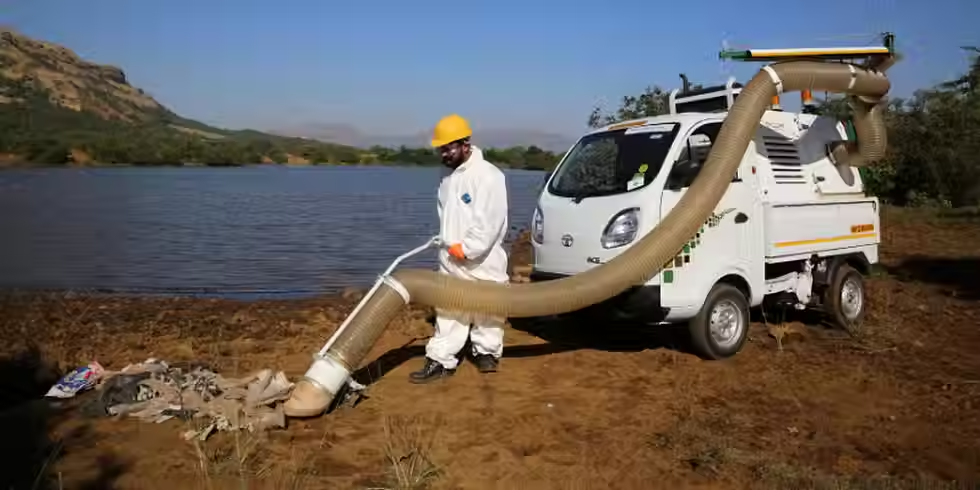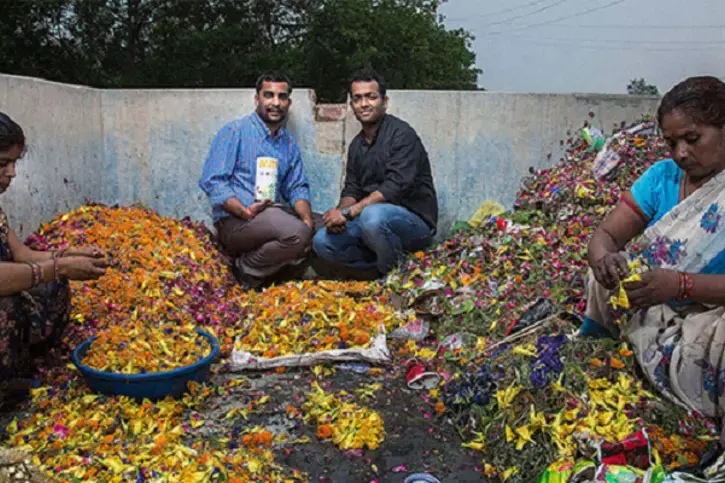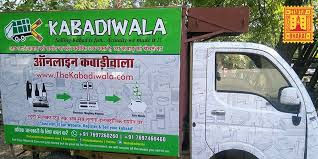Waste Management, Rebooted
- Jan 22, 2024
- 2 min read
Updated: Jul 17, 2025
Smaller cities are experimenting with AI boats, IT tools, and waste-to-energy plants. But the real test lies in scale, public engagement, and enforcement. While some states like Kerala show what an achievable zero-waste mission looks like, others still struggle with basics like segregation. As waste piles grow, so does the urgency for smarter, community-driven, and tech-backed solutions. Will innovation be enough to clean up the gaps in urban waste management?

Last year, MoHUA and RITES signed an MoU to standardise waste management in 3700 towns with less than 1 lakh population and extend technical support in solid waste and used water management.
The partnership is expected to enable such cities to execute Swachh Bharat works more efficiently through the ‘safe containment, collection, transportation, treatment, and reuse’ of waste.


Recently, Shillong authorities have deployed a solar-powered AI boat to clean Umiam Lake, a tourist hotspot. This project is one of the many tech-driven solutions that have emerged for waste management. Likewise, Rewa is aiming to generate 12 MW of electricity via ReSL’s waste-to-energy plant, ensuring landfill waste reduction.
Community-driven initiatives are also contributing to cleaner environments while providing livelihoods to those in need. Guwahati’s Shree Guru Plastics is recycling waste while employing socio-economically disadvantaged women. However, Guwahati lacks a proper waste management system with little to no waste segregation at the source. Without due enforcement, recycling units remain hindered in scaling their impact.
According to LSHG data, Kerala has achieved nearly 87% of its goal towards a zero-waste future; the Haritha Karma Sena has contributed to this by providing door-to-door waste collection services for a minimal fee.
A Kannur-based company’s IT tool, “Nellikka”, has now been integrated to streamline this process after piloting in Taliparamba.
Chandigarh’s first decentralised garbage processing unit has had mixed responses from RWAs and housing societies over potential concerns about smell and emissions. However, in Kochi’s Kunnumpuram waste treatment plant, similar apprehensions were addressed when the plant started running smoothly with adequate financial backing from Edappally Vadakkumbagham Service Cooperative Bank. With the help of local actors and authorities tied together with the needs of the community, such initiatives have the potential to create a sustainable and better future.
क्या आपके शहर में कचरे से निपटने के लिए तकनीक आधारित नवाचारों का उपयोग किया जा रहा है?
हाँ
नहीं
Comments